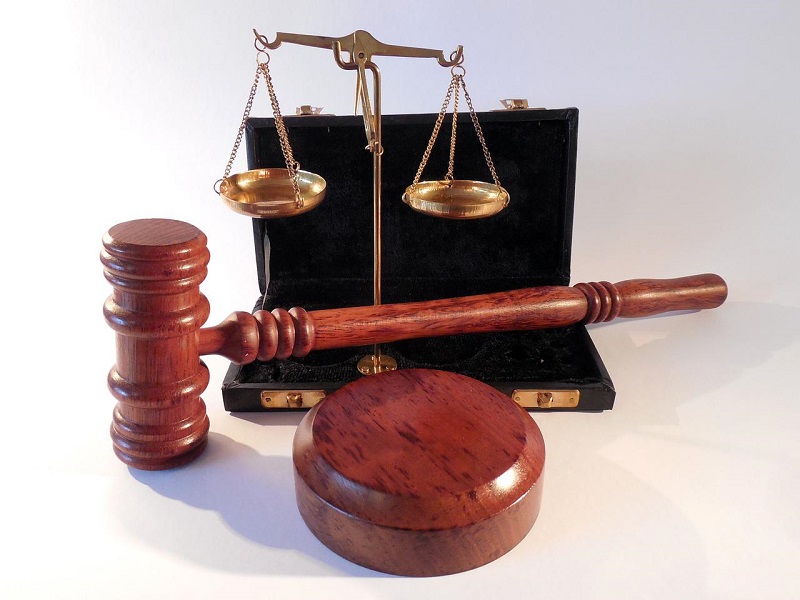Divorce—it’s a word most of us never envision featuring in our lives when we pronounce the optimistic ‘I do’. Yet, a harsh reality asserts that not all unions enjoy the fairy-tale ‘happily ever after’. When faced with this daunting prospect, navigating through the intricacies of legal proceedings may feel like an added burden that you’re unequipped to bear.
This is exactly where the role of a family lawyer enters the picture. A skilled and empathetic professional, who can guide you through the procedural maze of a divorce, while providing you with complete legal and emotional support. But what precisely does a family lawyer do? When and why might you need one, and how can they facilitate the process of separation to ensure a fair outcome? These are crucial topics we are going to delve into today.
A little knowledge can go a long way in making the divorce process more understandable and less stressful. Let’s take a detailed look at the multilayered role of a family lawyer, exploring not only what they do but also the benefits and potential drawbacks of engaging their services.

The Function of a Family Lawyer: What?
With the unhappiness and frustration that usually accompany divorce, understanding legal jargon and complex legislation can be a challenging task. By hiring a family lawyer, you’ll have a qualified legal ally who’s adept at interpreting these doctrines.
Family lawyers mediate between the two parties, negotiate terms of separation, handle paperwork, provide legal advice, and can represent you in court, if need be. They act as your advocate, ensuring that your rights are upheld and your voice gets heard.
It’s worth noting that family lawyers don’t merely oversee the dissolution of marriage but also handle related complications. Key issues like child custody, property division, alimony, and other rights and responsibilities can all fall under their jurisdiction.
The “Why”: Reasons to Hire a Family Lawyer
Embarking on the journey of divorce can be isolating, leaving one feeling emotionally drained. A family lawyer brings more than just legal aid to the table—they provide an emotional buffer, ensuring your decisions are rational, not reactive.
Moreover, every divorce is unique, packed with specific circumstances and potential roadblocks. A family lawyer, familiar with the landscape, can anticipate challenges and strategize accordingly.
Lastly, they can ensure fair treatment from the court. In the heat of the moment, one might unknowingly consent to disadvantageous terms—having a family lawyer can protect from such scenarios.
Recognizing the ‘When’: When to Consult a Family Lawyer?
Consulting a family lawyer at the onset of considering divorce sets a solid foundation for possible proceedings. They can educate you about your rights, potential complications, and suggest an initial course of action.
However, should complexities arise midway, involving child custody disputes, asset division, or if the dialogue between parties turns hostile, engaging a family lawyer becomes increasingly vital.
The Pros of Hiring a Family Lawyer
Besides the obvious legal assistance, family lawyers bring a wealth of benefits. They ease the burden of paperwork, ensure that your rights are protected, give unbiased advice, mediate communication, and expedite the divorce process.

The Cons of Hiring a Family Lawyer
Despite the benefits, one may be deterred by the financial cost of hiring a family lawyer. Additionally, some may find the prospect of discussing intimate marital issues with a stranger uncomfortable. However, it’s essential to weigh these against the potential benefits.
While the financial cost of hiring a family lawyer can be a deterrent, it’s crucial to consider the long-term consequences of not seeking legal counsel in matters such as divorce, child custody, or estate planning. Family lawyers bring expertise to navigate complex legal processes, ensuring that your rights are protected and you achieve fair outcomes. The expense incurred upfront may pale in comparison to potential losses or unfavorable settlements without proper representation.
Moreover, the discomfort of discussing intimate marital issues with a stranger is a valid concern. However, skilled family lawyers are trained to handle such delicate matters with sensitivity and confidentiality. They act as impartial third parties, guiding you through legal complexities while minimizing emotional distress. In the end, the benefits of securing professional legal advice, safeguarding your interests, and achieving equitable resolutions often outweigh the initial hesitations or financial considerations, contributing to a smoother transition and resolution of family-related legal matters.
Setting Realistic Expectations
Remember, a family lawyer is neither a magician nor a miracle worker. They cannot guarantee outcomes or mend broken relationships. Instead, their role is to guide you through a legal process, keeping your best interests in mind.
In conclusion, as complex as we find the labyrinth of divorce processes, it becomes significantly more navigable with a family lawyer at our side. They are the unsung heroes that streamline what is otherwise a stressful process, ensuring that, even when a relationship ends, it does so respectfully. They are the advocates, the mediators, the guides, and the healers that make a difficult journey a more manageable affair. Despite the potential drawbacks, the value they add is undeniable and their role, is pivotal.




